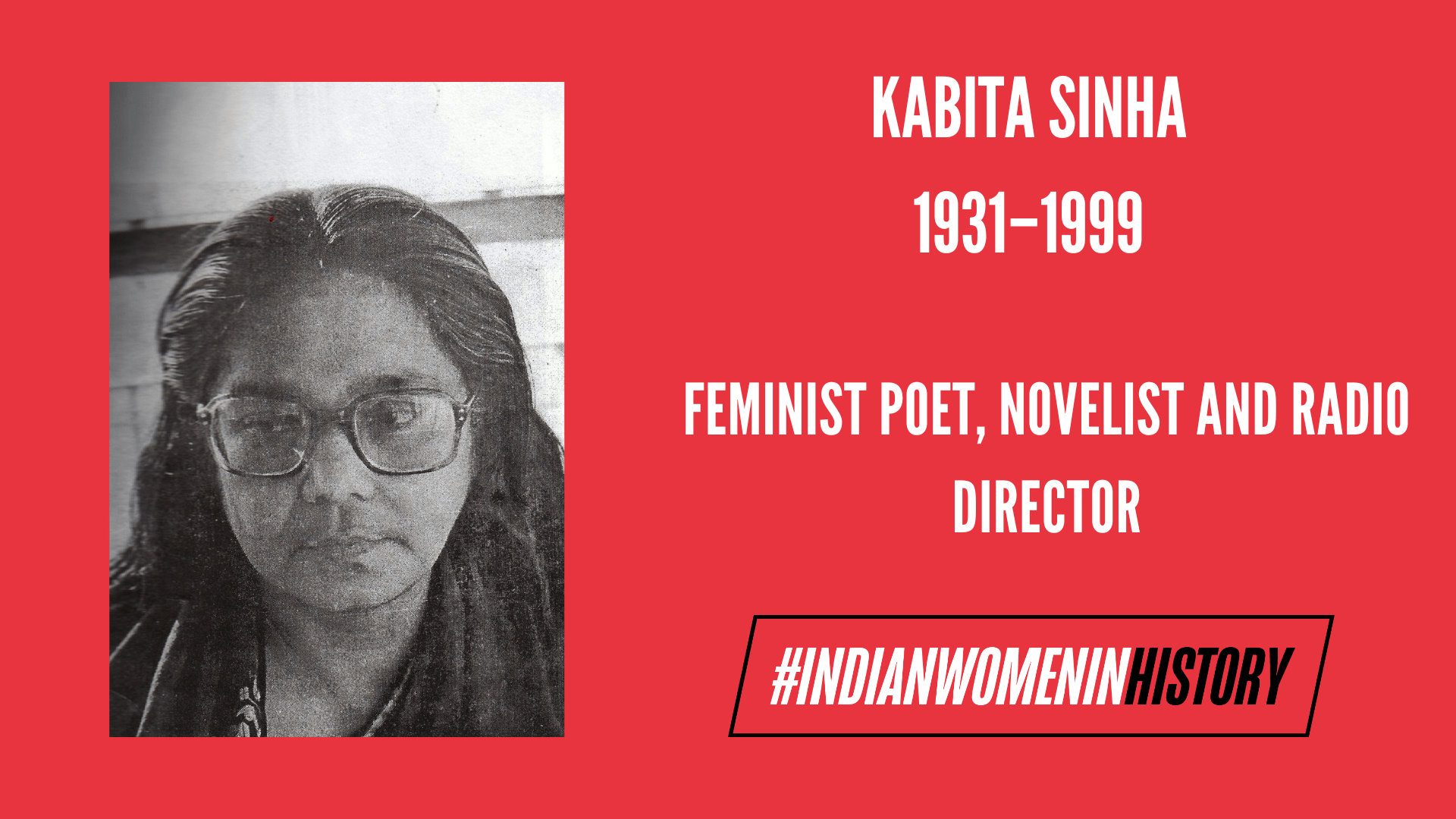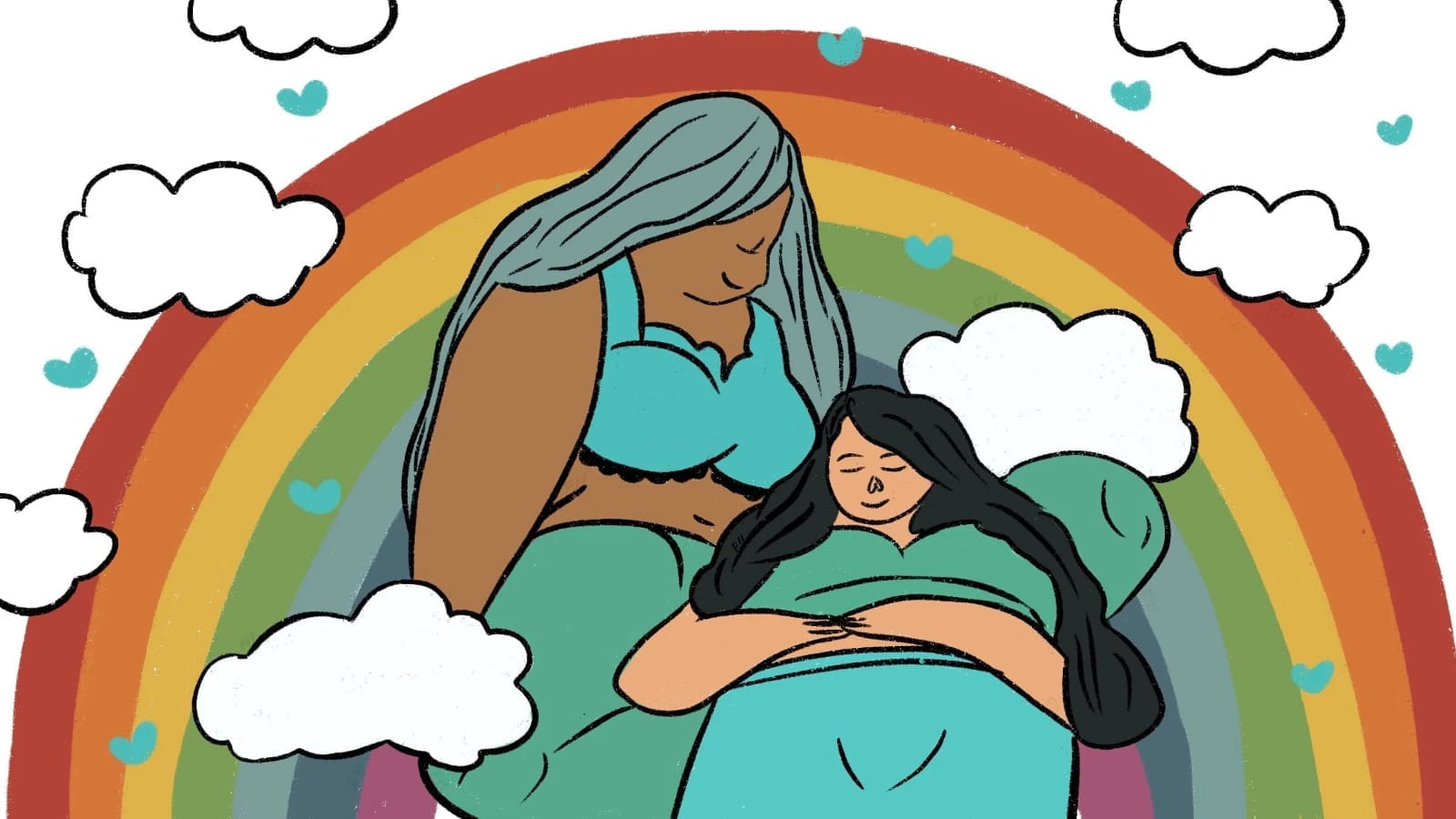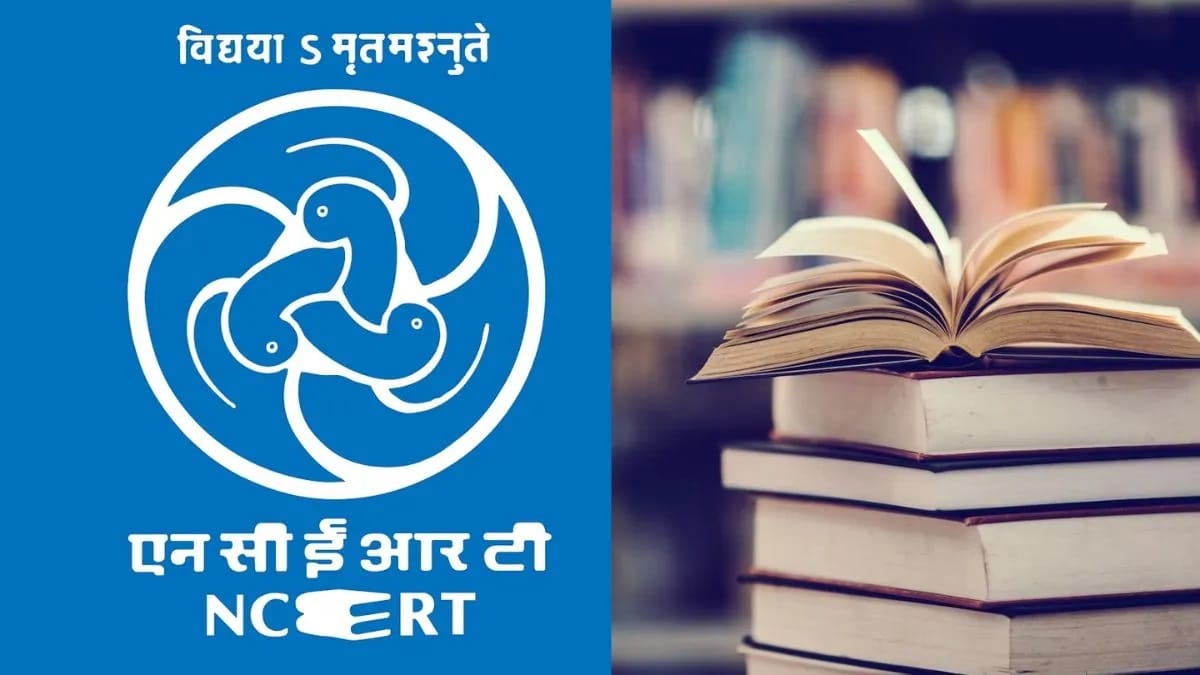Bengali literature is a term inclusive of the works produced in West Bengal as well as present-day Bangladesh. During the British Raj, many prominent writers rose to the fore to display great acts of nationalism and agitation through poetry, art and literature that have lived beyond their time. Thus, the contribution of Bengali literature has been an exponential part and parcel of the Indian literary discourse.
Being the epicentre of the Renaissance, Bengal remains an important discussion in terms of how its art and literature left a dent in Indian society. Even today, upon visiting West Bengal, one can see its imprints in the close-knit lanes, artistic wall art, timeless old buildings and many other remnants of the glorious renaissance of that period.
Another pioneer of feminism, a novelist and a radio director whose name is often buried amid a bunch of other personalities – is Kabita Sinha. For years, she wrote under her pen name Sultana Choudhary. Recognised as the first feminist poet of Bengali literature, her works such as ‘Eve Speaks to God,’ ‘Stone Goddess Forever,’ and many others; speak volumes about her mindset. In a day and age where women were cluelessly confined within gender roles, family expectations, societal conventions and stereotypes – Kabita Sinha rose with her modernist views in the 1950s.
Even from her poetry, a reader gets the idea of the fiery spirit within her. At a time when women usually had to give in to the wishes and demands of their families without having a say of their own, she went on and rebelled against her family to marry a man of her choice. Unfortunately, not a lot of her translated work is available online. This goes on to show how such a gem of a writer, a daring feminist and a bold poet hasn’t received a rightful place.
Kabita Sinha as a poet
Simone De Bouvier, in her book The Second Sex, which is also known as the feminist Bible – spoke at length about how women have never been able to mobilise themselves to fight for their rights. In fact, in many instances, they have acted as gatekeepers of patriarchy. It becomes important to read women writers and poets today – especially the likes of Shashi Deshpande, Arundhati Roy, and Eunice D’Souza, to name a few. When we delve further into the story of Eve as visualised by Kabita Sinha in her poem titled Ishwarke Eve (Eve Speaks to God) – we see how the speaker in the poem is conversing directly with God, as a woman.
The age-old story gives a detailed account of Adam’s trials and tribulations due to Eve’s actions. Even though they were out innocent, the punishment Eve faced has been manifested generation after generation in the form of baseless conventions that caged women. Kabita Sinha brought out Eve’s voice to the centre stage, ensuring that her side of the story is heard as well. Delving deeper into her narrative and interpretation, she also brings up with pride that she is the ‘first rebel,’ against god. It describes a sense of dignity.
After suffering the pain of childbirth, Eve has held the power to pro-create and foster life – which is akin to the power god holds. This analogy between her ability to help expand the human race makes her a very strong figure in the poem. The rebellion and an assertion of Eve’s voice through the constant use of the pronoun ‘I,’ imply that she knows her worth this time.
Today’s Eve is at the cusp of a very important change that has been brewing for a while now. Sinha’s imagery lends the reader a picture of a bold, assertive and fearless woman who speaks to god and men alike. The poem is a sign that Kabita Sinha was indeed a pioneer of the feminist movement in a very important part of the country. Her words echo the need for change, that too at a very early stage when women’s rights were a nonentity, especially under the British Raj.
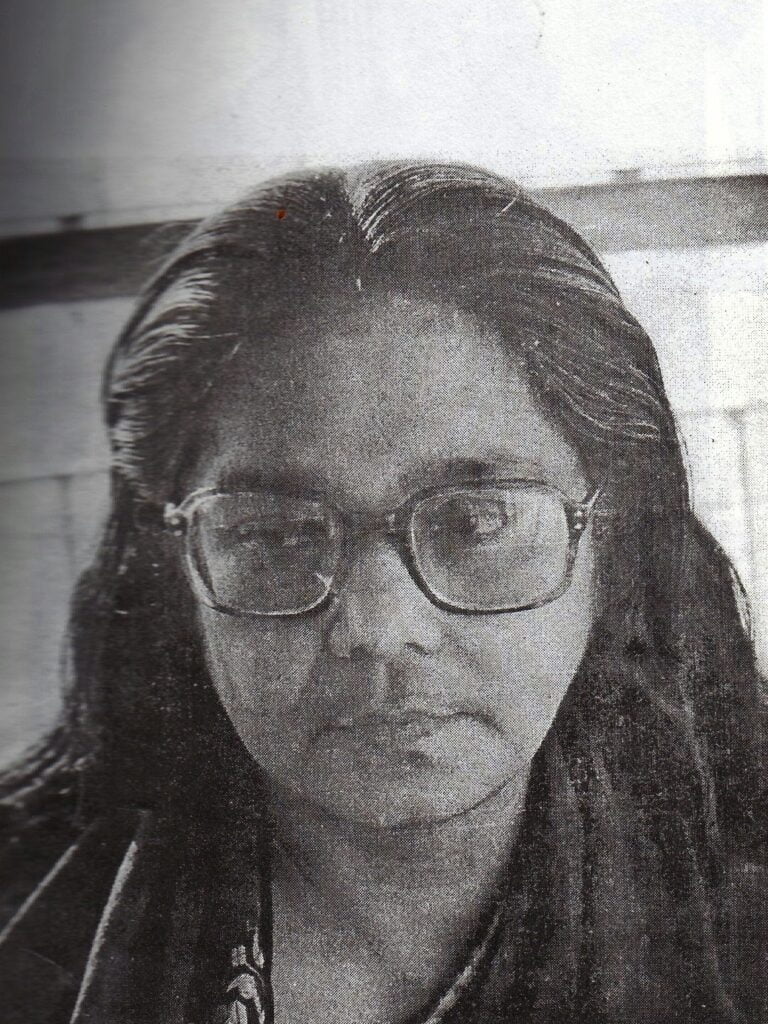
In fact, it was not merely her poetry or novels, but also her personal life that echoed the persona she spoke through in her work. Kabita Sinha was also a station director at the All India Radio station in Darbhanga, Bihar. As a supporter of the Bangladesh Liberation War, her role and strong presence in the political arena were also something unconventional for women back in those days. She has truly broken a lot of shackles which not only limited the Bengali women but also those in other parts of the country.
‘Women’s writer’ and the meaning
It is interesting to see how women writers have evolved over time. Along with them, the notions surrounding the term ‘women’s writer,’ has also raised a few eyebrows. In the words of Shashi Deshpande, “When they say you are a women’s writer, they are suggesting you are something less than a writer,” gives birth to a whole new spectrum of thought.
This article on Outlook also entails a vital side of why women writers matter – irrespective of the timeline, “Increasingly, however, writing isn’t just about the arena of domestic drama, it is about intruding into the “male” space of sex, religion, politics.” Kabita Sinha, in her poem, grabs the mic to tell Eve’s story. She demands to be heard in a world where only Adam has had a voice so far. This goes on to show how she was way ahead of her time.
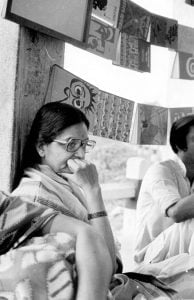
At the end of the day, writers are just writers – the role of gender in this form of art negates the whole purpose of using art to escape one’s surroundings. To exist without stereotypical roles was a task in Sinha’s time and it is the same today as well. Aeons later, the words penned down by Simone De Bouvier still find relevance which is both amusing and disturbing. In a way, the assertion of gender roles comes back to haunt women writers a decade later as well.
Kabita Sinha, a name buried in the annals of history
Kabita Sinha shows the readers an image of a society where women can turn around the meaning of sin and punishment. Through her work, she has tried to portray the real image of an Indian woman who needs to rediscover her voice. It has been morphed into whatever the society deems fit by the men and women around her.
Hence, Eve in Sinha’s poem is the very reflection of what an Indian woman is still fighting for today. It also makes one ponder about the male-dominated interpretation of religious texts that eventually lead to the subjugation of women. This suppression is then dealt with in the form of art, literature and poetry. Many modern writers such as Shashi Deshpande, and Arundhati Roy among others have written about intricate lives that women lead in an Indian societal set-up.
As a feminist writer, novelist, editor and bold character – Kabita Sinha remains a gem among the Indian women who have been forgotten down the annals of history.
About the author(s)
Nameera (she/her) is a student of media at the Indian Institute of Mass Communication, Jammu. Discourses on gender, feminism, international relations and law interest her. She loves impromptu travelling plans, writing poetry and reading gothic literature.
